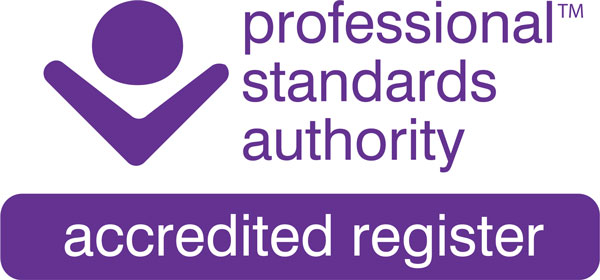Human Givens Mental Wellbeing Program – a great success
Creative Tuition, an organisation working to support students from low-income backgrounds, marginalised and under represented communities, were sponsored by the Human Givens Foundation last year to deliver a ‘Design a Mental Wellbeing App’ challenge, inspired by the human givens approach, to 50 young people aged 11–14. They worked with 3 university psychology students, two professionals and human givens therapist, Judith Desbonne.
The challenge (outlined in the report’s appendix), focused on introducing key concepts related to the nine emotional needs and included workshops that explored the origins of these emotions in the brain and their underlying causes and practical exercises aimed at regulating emotions such as stress and anxiety. The team also incorporated engaging games and thought-provoking questions, encouraging students to actively explore and understand their emotional wellbeing.
“This approach proved to be not only educational but also empowering, as it transformed the term ‘mental wellbeing’ from a potential trigger into a source of personal growth and insight. Students responded enthusiastically, creating thoughtful and well-designed apps, all while increasing their comfort levels around mental health discussions…”
The Human Givens Foundation is a charity set up to help support projects like this and raise funds for research into HG. You can find out more about the charity here >
15 March 2025

